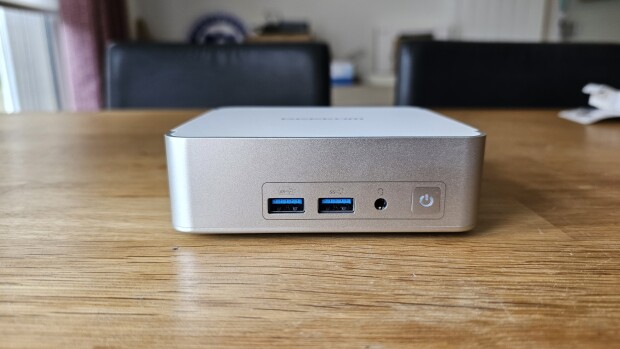A new report by The Wall Street Journal has named the companies that took advantage of inside information before Facebook's stock went public last Friday.
According to the report, as seen on Gizmodo, some key companies got an inside warning on Facebook's value not being worth its set IPO stock price before trading began. The article states that Morgan Stanley, one of the banks that served as an underwriter for Facebook's IPO, tipped the companies after receiving information from a Facebook executive.
Capital Research & Management wanted to buy into the Facebook Inc. initial public offering. But days before the IPO, an underwriting bank on the deal warned the big investment firm about Facebook's dimming revenue prospects.
The Los Angeles firm, armed with information from a May 11 "roadshow" meeting with underwriters and Facebook, along with similar estimates of its own, slashed the number of shares it intended to buy. The night before trading began, a Capital Research manager told a banker at Morgan Stanley, the lead underwriter, that the deal's pricing was "ridiculous," according to a person familiar with the situation.
... Fidelity Investments was among big clients that were told by analysts or bank sales staff of the declining Facebook financial picture, people familiar with the matter say. The nation's third-largest mutual fund firm expressed frustration to Morgan Stanley about Facebook valuations based on the dimming prospects for the company, the people say.
Essentially, Morgan Stanley decided to warn several of the of large companies that wanted in on the Facebook IPO based on information that wasn't available to the public. By telling these companies the Facebook stock's pricing wasn't accurate, Morgan Stanley created a lower demand for Facebook stock at the price it was listed. This may have allowed some of these companies to buy the stock when it hit a lower price.
The public, unaware of this knowledge, created an initial demand for Facebook stock that caused the price to increase to $45 before plummeting.
Via: Gizmodo
Source: The Wall Street Journal

















41 Comments - Add comment